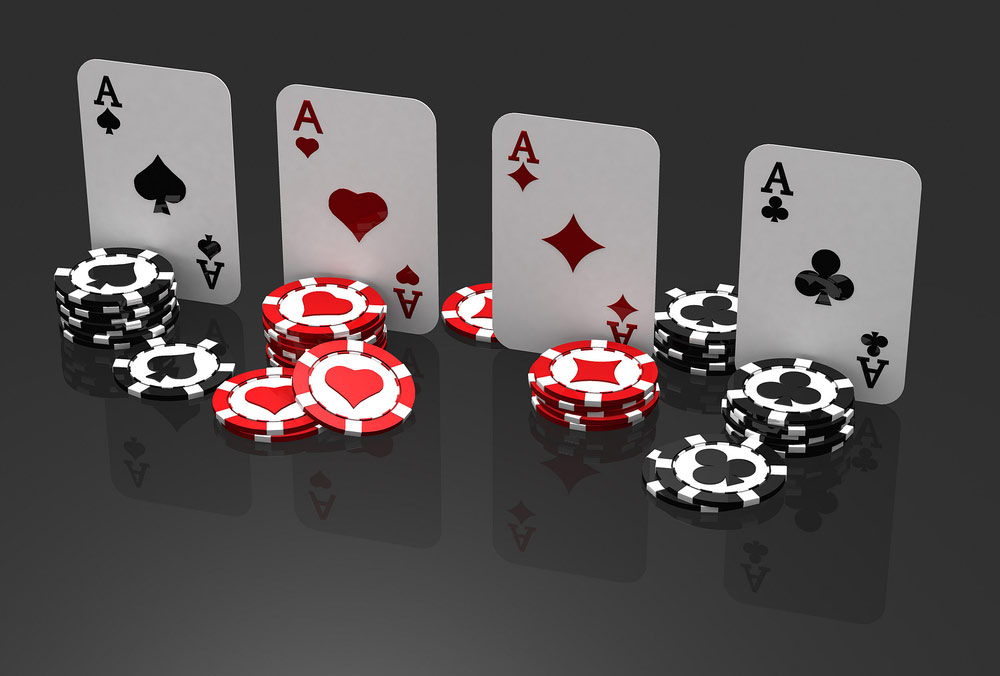 Although poker has been popular in other parts of the world for a long time, it was only during the second part of the 20th century that Britons really started to develop a serious interest in the game. When Late Night Poker made its debut on television in 1999 it gave the game a huge boost. During this TV series Britons watched poker being played among celebrities and professional players. This enhanced its reputation and made it more appealing to ordinary men and women. Glued before the small screen, Britons in this wary also learned about newer versions of the game, including Texas Hold ‘Em. The huge success of ‘Late Night Poker’ gave rise to the birth of an amateur version, showing locals exactly how easy it was to play poker and also introducing them to TV-based poker tournaments. British casinos started to make space for poker tables, something which only increased the popularity of the game. While the popularity of poker in land-based casinos reached new heights, the Internet gradually found its way into British homes. At the start of the 21st century online casinos started mushrooming, luring people to another small screen with its lifelike graphics and its promise of giving you the ability to play against other players of your own level whenever you want, wherever you want. The combined effect of poker on TV and the rise of online poker brought the game into the mainstream arena. Tournaments started to take place regularly, and soon there were many articles about the game in glossy magazines. The influx of money enabled online sites to start offering big prizes and bonuses, further increasing the appeal of the game. Within a few short years poker outgrew its humble beginnings in the UK and according to the Guinness Book of World Records in June 2013 the UK-based firm PokerStarts presented the biggest poker game in history. With a massive total of 225,000 players, this tournament was based in Onchan, Isle of Man. Although players had a pay up of only $1, the first prize was a very alluring $25,000. In 2018 the game has become a household word in Britain, with regular land-based and online tournaments, as well as online and print ads and magazine articles ensuring it stays in the limelight.
Although poker has been popular in other parts of the world for a long time, it was only during the second part of the 20th century that Britons really started to develop a serious interest in the game. When Late Night Poker made its debut on television in 1999 it gave the game a huge boost. During this TV series Britons watched poker being played among celebrities and professional players. This enhanced its reputation and made it more appealing to ordinary men and women. Glued before the small screen, Britons in this wary also learned about newer versions of the game, including Texas Hold ‘Em. The huge success of ‘Late Night Poker’ gave rise to the birth of an amateur version, showing locals exactly how easy it was to play poker and also introducing them to TV-based poker tournaments. British casinos started to make space for poker tables, something which only increased the popularity of the game. While the popularity of poker in land-based casinos reached new heights, the Internet gradually found its way into British homes. At the start of the 21st century online casinos started mushrooming, luring people to another small screen with its lifelike graphics and its promise of giving you the ability to play against other players of your own level whenever you want, wherever you want. The combined effect of poker on TV and the rise of online poker brought the game into the mainstream arena. Tournaments started to take place regularly, and soon there were many articles about the game in glossy magazines. The influx of money enabled online sites to start offering big prizes and bonuses, further increasing the appeal of the game. Within a few short years poker outgrew its humble beginnings in the UK and according to the Guinness Book of World Records in June 2013 the UK-based firm PokerStarts presented the biggest poker game in history. With a massive total of 225,000 players, this tournament was based in Onchan, Isle of Man. Although players had a pay up of only $1, the first prize was a very alluring $25,000. In 2018 the game has become a household word in Britain, with regular land-based and online tournaments, as well as online and print ads and magazine articles ensuring it stays in the limelight.